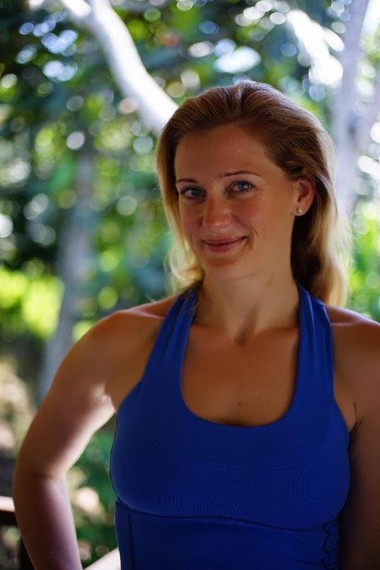Judgment is part of the human experience. We use our judgment to make sense of the world around us, and to shape our unique story and version of reality.
We all share a common thread, and yet we are vastly different. Our human capacity to love and be loved connects us and makes us the same. Our individual thoughts, beliefs and stories highlight our differences and keep us separate.
Our judgments cause us to see differently. Each judgment we make, etches the lens we use to witness and experience life.
When we begin to notice our shared humanness, we simplify the way we assess and make sense of our world. When we remember our common ground, our views and conversations are born from a place of love, acceptance and kindness. When we witness each other clearly, everything changes.
It would seem an impossible task to disengage from the act of judging all together. But we can change the way we dance with judgment. We can change the way we converse with our thoughts and views. We can remember how we are the same, before we cast judgment on others from a place of separation.
I use these three powerful questions as a way to check in on my judgments, and to help guide my dance in life. If these ideas resonate, give them a try and see if they make a difference for you.
1. How Do You Feel?
Next time you are caught up in a conversation where you are judging someone else, ask yourself how you feel while you are measuring another person's value.
When we criticize someone else, there can be a strong feeling and sense we know what is best. Righteousness comes from the belief we are right and they are wrong. Passing judgment comes from our egos, not from our hearts. If we want to change our dance with judgment, we can simply tune in to how we feel and remember the common ground and human part of the person in question.
Chances are, we will all continue to assess our world and the people in it. We can begin to change how we make these assessments, when we take the whole picture of someone into consideration before we cast judgment or spread gossip. We can tune into our feelings to guide us in the way we view others. When we feel good in our hearts, chances are we are dancing a new dance.
2. What Do You Like?
Whenever I catch myself judging someone else, particularly when I am focused on the parts of someone I don't like, I find it really helpful to quickly think of 3 things I like about that same person.
We won't gel with everyone we meet, and that's okay. We can be different, we can even celebrate our differences. The problem arises when we believe we must change someone, or change ourselves in order to share the same values and beliefs. When we remember we already share the most important quality in existence: 'our humanity', we shift the way we see.
It always feels better to see the good. It doesn't mean we have to agree with what doesn't feel right. But we can loosen our grip on continuously shining a light on what we don't like. When we focus on how we are the same, and move away from spreading dislike, we dance a new dance.
3. What Difference Does It Make?
It is much easier to notice another person's tendency to gossip or pass judgment than it is to catch ourselves in the act. Often, when I hear someone else gossiping or passing judgment, I think to myself: 'who cares, what difference does it make?' I sometimes find it offensive listening to people criticize and measure others. I can find myself judging people for being judgmental. But my disapproval only causes me to jump on the bandwagon of believing other people should change the way they are being.
In moments like these, it is most powerful to point the finger inward and ask ourselves the important questions.
What difference does it make in the world when I judge someone else? Will the world be brighter and better as a result of me expending my energy out in this way? What difference might it make, if I choose to accept others exactly as they are right now?
How might I feel if I dance a new dance with the way I witness others, if I choose to see our shared humanity - what then?
Emily Madill is the author of 11 books in the area of self-development and empowerment, both for children and adults. Her newest title 'Fall in Love with Your Life, One Week at a Time' is now being offered as an E-Course. 
Sign Up to receive Emily's free weekly newsletter from her blog, Listening When the Soul Speaks, and receive a free copy of her E-Book, Reflections, a compilation of articles Emily shares on her journey to reaching her dreams.
If you are interested in connecting to who you are on a deeper level, or if you would like to create a self-care and self-love practice - check out Emily's E-Course, 'Fall In Love With Your Life, One Week at a Time'. It is a chance to create your own life practice in a way that is meaningful to you - all are welcome.
